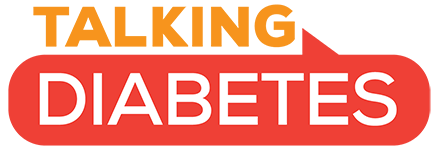Added Sugar Is Not So Sweet – Healthy Tips Infographic
Natural sugars are found in fruits, vegetables, milk, and grains. Other sugars — the kind added to foods, drinks, and condiments during processing — may increase heart disease risk.
A typical 12-ounce can of regular soda has 130 calories and 8 teaspoons of sugar. Added sugars also sneak into seemingly “better for you” beverages, such as sports drinks, fruit drinks and flavored milks.
The American Heart Association Recommends: Limit added sugars to no more than 100 calories a day (6 teaspoons) for most women and no more than 150 calories a day (9 teaspoons) for most men.
Added Sugar Sources: Sugar-sweetened beverages are the biggest source of added sugars in the American diet. Other sources are baked items (like cakes, muffins, cookies, and pies), ice cream and candy.
Find It: Read food labels. Syrup, molasses, cane juice and fruit juice concentrate mean added sugar, and so do most ingredients ending with the letters “ose” (like fructose and dextrose).
Replace It:
- Enjoy fruit for dessert most days and limit traditional desserts to special occasions.
- Cut back on the amount of added sugars you eat and drink.
- Buy 100% juice with no added sugars.
- Enhance foods with spices. Try cinnamon, nutmeg, mint, or ginger.
- Add fresh or dried fruit to cereal and oatmeal.
- Drink plain or sparkling water, unsweetened tea, or sugar-free beverages.
Eating and drinking a lot of added sugar is one probable cause of the obesity epidemic in the U.S. and other countries. It’s also linked to increased risks for high blood pressure, high cholesterol, diabetes, and inflammation in the body.
For more tips on healthy eating, cooking and recipes, visit Heart.org.

